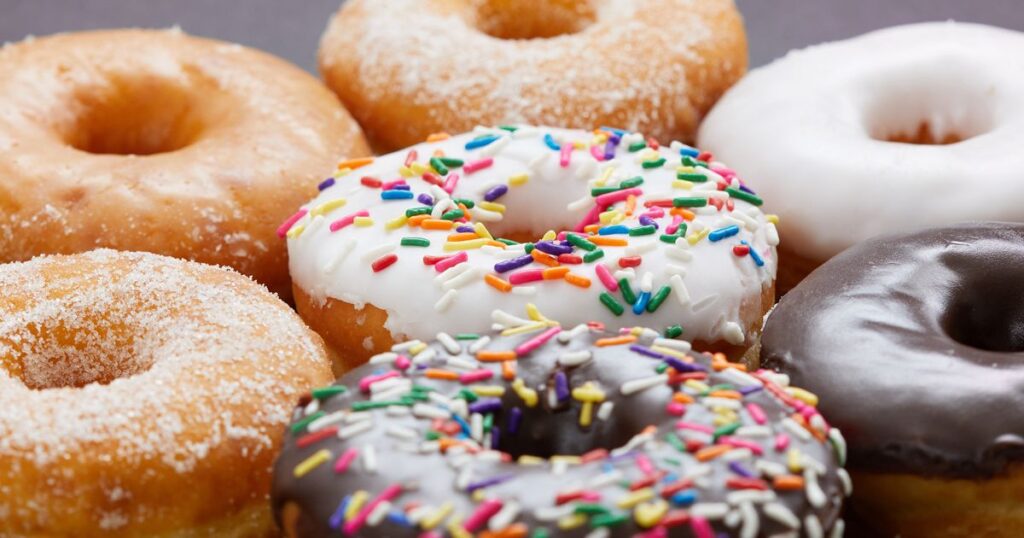The British summer has ushered in a revival of consumer spending.
A renewed interest in retail categories is evident as many enjoy outdoor activities.
Rise in Card Spending
The latest data indicates a modest growth in card spending by one per cent in August compared to the previous month, driven by the season’s favourable weather. However, this increase remains below the CPIH inflation rate of 3.1 per cent. Consumers continue to indulge in small luxuries, such as baked goods, showing resilience amidst economic constraints.
Impact of Little Luxuries
Consumer spending on small luxuries, including baked goods, has played a pivotal role in driving figures upwards in August. This trend highlights the ‘sweet treat economy’, as nearly half of the consumers maintain their expenditure on indulgences despite financial cutbacks. Such spending behaviours indicate an underlying need for comfort and morale boosts in challenging economic times. Retail therapy has become a simple yet effective mood enhancer.
Health and Beauty Sector Gains
The pharmacy, health, and beauty sector has observed a significant 7.3 per cent month-on-month increase. This rise marks the most substantial growth since January 2023, illustrating the ‘lipstick effect’, where consumers persist in purchasing cosmetics in times of financial uncertainty. The sector’s robust performance underscores its resilience even as other areas see consumer spending reductions. Many choose to spend on items that offer personal joy and confidence.
Shift in Grocery and Food Purchases
Grocery spending also experienced a noteworthy 1.9 per cent increase, the largest since March. Butchers and delicatessens reported a 5.1 per cent growth as consumers steer clear of ultra-processed foods. This shift towards raw and whole-food ingredients reflects a growing trend in home-cooked meals and healthier eating preferences. Nearly half of UK shoppers focus their purchases on more authentic food experiences.
Emerging Trends in Retail Therapy
An emerging trend reveals that consumers are increasingly indulging in retail therapy through small but significant purchases aimed at boosting morale. Sweet treats and cosmetics are favoured choices, representing a more immediate form of retail satisfaction. Consumers have been re-allocating budgets for memorable experiences, as seen in the sale of tickets for events like the Oasis tour.
A renewed focus on in-person shopping has led to physical stores seeing positive growth for the first time since March, bolstered by consumer confidence remaining at a three-year high. Over half of credit and debit card transactions were made in-store, a testament to the resurgence in face-to-face shopping. The favourable summer weather contributed to drawing consumers outdoors, encouraging a return to traditional shopping habits.
Challenges in Clothing Retail
While many sectors have seen a boost, clothing retailers experienced a 1.7 per cent dip in spending, following a similar decline in July. As Barclays points out, clothing remains a common area for consumer cutbacks, with 53 per cent of those planning to tighten budgets focusing on reducing apparel expenses. This highlights the selective nature of discretionary spending amid financial pressures.
The adaptations in strategy demonstrate the clothing sector’s resilience and determination to combat the decline in sales. Retailers are continuously exploring new avenues to engage their customer base and meet their changing preferences.
Conclusion
The British summer has triggered a revival in consumer spending, marked by a 1 per cent rise in card use in August. This period of growth, though below inflation rates, is fuelled by the ‘sweet treat economy’ and a shift towards more personalised shopping experiences. The continued support for small indulgences reflects a significant coping mechanism for consumers facing economic adversities.
Consumer confidence has proven resilient, maintaining three-year highs despite economic challenges.
The revival in spending demonstrates a capacity for adaptation and perseverance among UK consumers.


